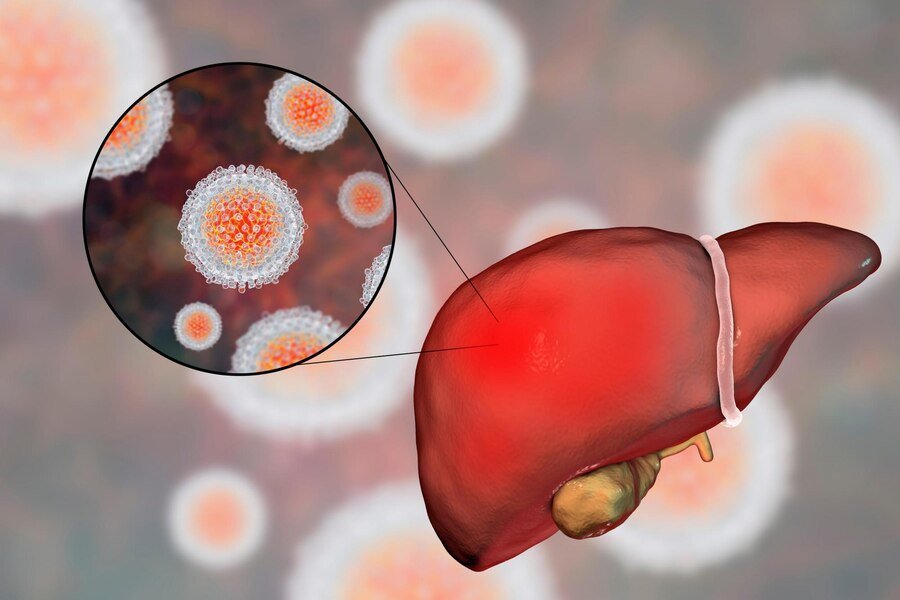Hepatobiliary cancer, encompassing malignancies of the liver, bile ducts, and gallbladder, presents a complex challenge in oncology. Among the array of treatment modalities available, radiation therapy has emerged as a vital component in the comprehensive management of hepatobiliary cancer. In recent years, significant advancements in radiation therapy techniques have revolutionized its role, offering improved outcomes and enhanced quality of life for patients.
To Know More About It Please Click Here
Understanding the Role of Radiation Therapy
Radiation therapy, also known as radiotherapy, utilizes high-energy radiation to target and destroy cancer cells while minimizing damage to surrounding healthy tissues. In hepatobiliary cancer, radiation therapy plays various roles depending on the stage and location of the disease. It can be used as a primary treatment, adjuvant therapy following surgery, or as palliative care to alleviate symptoms and enhance patient comfort.
Technological Innovations
Recent innovations in radiation therapy have significantly refined treatment delivery and precision. Image-guided radiation therapy (IGRT), for instance, allows for real-time imaging during treatment, ensuring accurate tumor targeting while sparing adjacent organs. Intensity-modulated radiation therapy (IMRT) and volumetric modulated arc therapy (VMAT) deliver highly conformal doses of radiation, minimizing toxicity to healthy tissues and reducing treatment-related side effects. Stereotactic body radiation therapy (SBRT) delivers high doses of radiation to the tumor with pinpoint accuracy, often completing treatment in fewer sessions compared to conventional radiotherapy.
Tailored Approaches for Hepatobiliary Cancer
Combination Therapies
Radiation therapy is often integrated into multimodal treatment strategies for hepatobiliary cancer. Combined with surgery and/or systemic therapies such as chemotherapy or targeted agents, radiation therapy enhances treatment efficacy and improves long-term outcomes. Neoadjuvant radiation therapy may shrink tumors before surgery, facilitating resection and reducing the risk of recurrence. Additionally, radiation therapy can be used in combination with other local therapies such as radiofrequency ablation (RFA) or microwave ablation to achieve optimal tumor control.
Managing Advanced Disease
Hepatobiliary Cancer in Future Directions
The landscape of radiation therapy in hepatobiliary cancer continues to evolve rapidly. Ongoing research efforts focus on refining treatment techniques, exploring novel radiation sensitizers, and investigating the integration of immunotherapy with radiation therapy. Advances in imaging technology, such as positron emission tomography (PET) and magnetic resonance imaging (MRI), enable more precise tumor delineation and treatment planning, further enhancing the therapeutic potential of radiation therapy.
Conclusion: A Hepatobiliary Cancer
Radiation therapy stands as a cornerstone in the multidisciplinary approach to hepatobiliary cancer management. With continuous technological innovations and evolving treatment paradigms, radiation therapy offers personalized, effective, and well-tolerated treatment options across the spectrum of hepatobiliary malignancies. By leveraging the latest advancements in radiation oncology, clinicians can optimize outcomes and improve the overall care of patients with hepatobiliary cancer.
##Best Hepatobiliary Specialist in Ashok Vihar##Best Hepatobiliary Specialist in Model Town##Best Hepatobiliary Specialist in Prashant Vihar##Best Oncologist In Shalimar Bagh##Hepatobiliary Cancer Treatment in Pitampura##Hepatobiliary Cancer Treatment in Shalimar Bagh##Hepatobiliary Cancer Treatment in Wazirpur##Liver cancer Treatment in North Delhi##Oncologist In Shalimar Bagh
